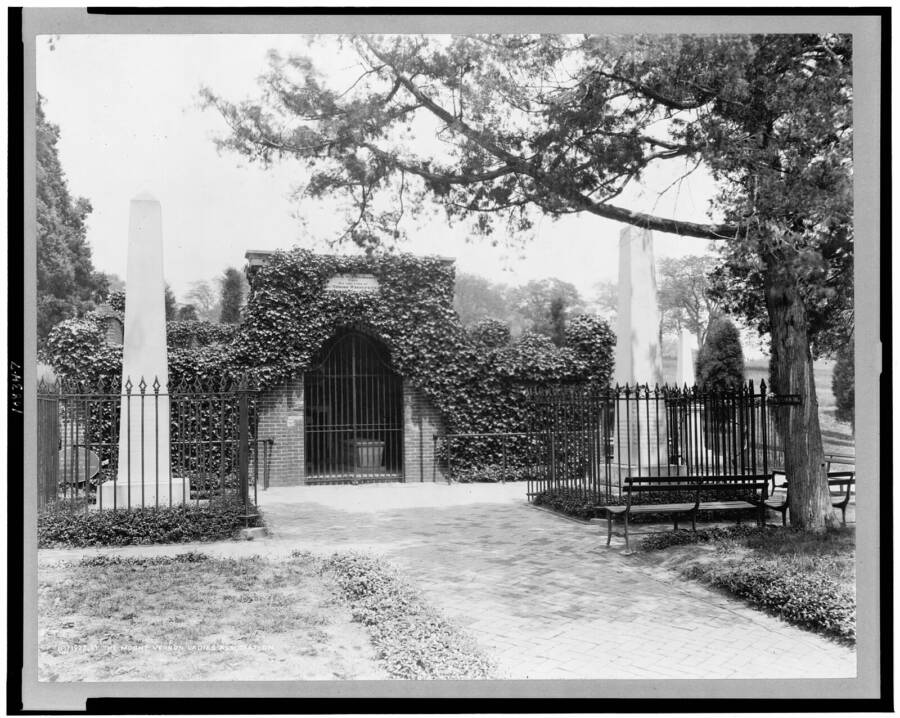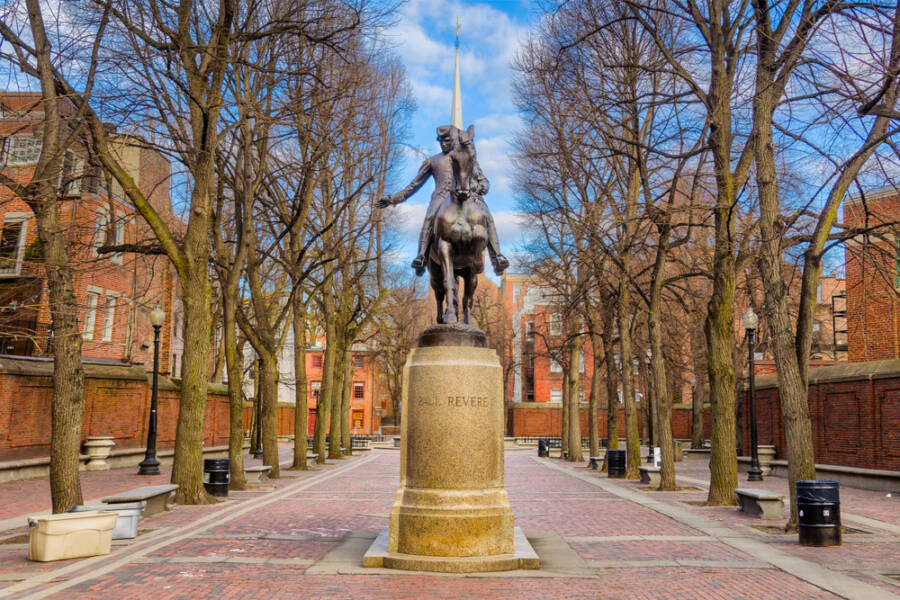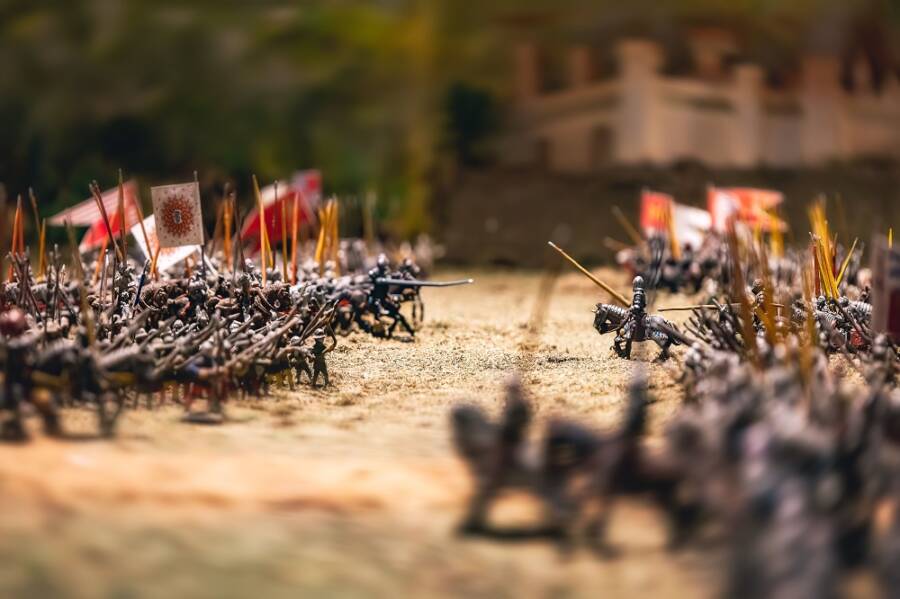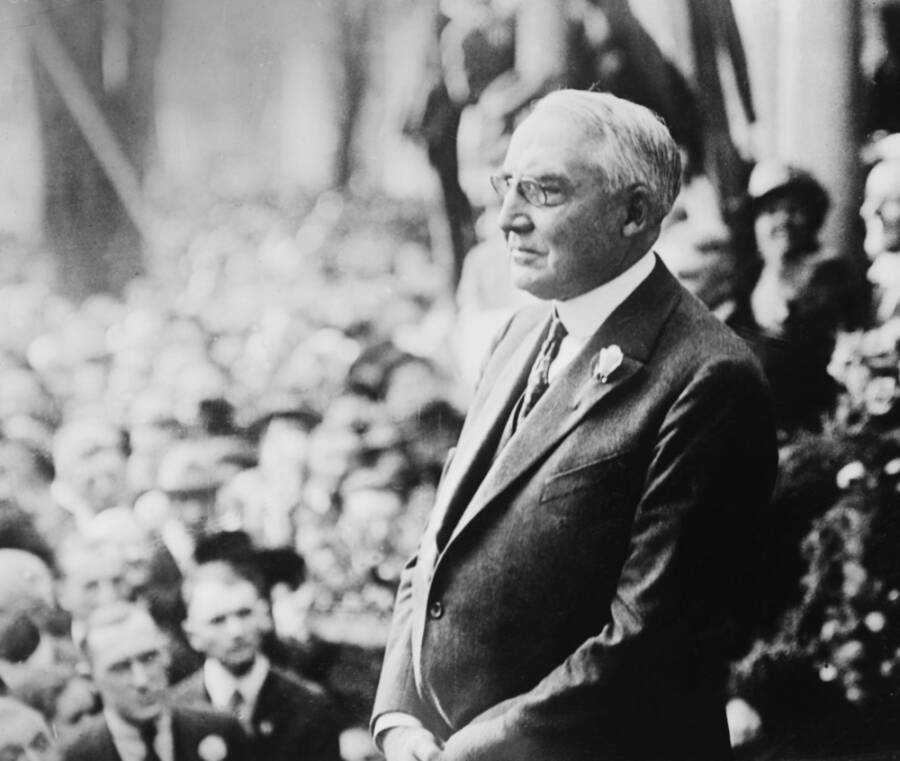
A Detailed Chronological Account
The history of the presidency is filled with colorful characters whose private lives defied their public images. From the Founding Fathers to the leaders of the 20th century, a closer look reveals a tapestry of unexpected passions, hidden vulnerabilities, and startling behaviors.
The Founders’ Frailties and Passions
George Washington is often depicted as a stern, untouchable figure, the “father of his country.” In reality, he was a man of great physicality and surprising vanity. He was a meticulous record-keeper of his finances, which reveal a man who spent lavishly on fine clothing, luxury goods, and high-stakes card games. After his presidency, he operated one of the largest whiskey distilleries in the nation at Mount Vernon. Perhaps most impactful on his presidency was his lifelong struggle with his teeth. Far from the myth of wooden dentures, Washington wore sets made from ivory, lead, and the teeth of humans and animals. They caused him constant pain, which likely contributed to his famously reserved and sometimes terse demeanor in public.
Andrew Jackson, the hero of the Battle of New Orleans, built his political career on an image of a rugged, frontier champion of the common man. But his private life was governed by a rigid, often violent code of honor. Jackson participated in as many as 100 duels, though most did not end in gunfire. He was shot in a duel in 1806 by Charles Dickinson, a rival horse breeder who had insulted Jackson’s wife. The bullet was lodged so close to his heart that it could never be safely removed, and it caused him chronic pain for the rest of his life. Jackson killed Dickinson in that duel. This violent streak was not separate from his politics; it informed his aggressive policies, including the forced removal of Native Americans on the Trail of Tears and his “war” against the Second Bank of the United States. His actions were deeply connected to the prevailing ideology of Manifest Destiny—the belief that American expansion across the continent was divinely ordained and inevitable.
The Civil War and the Weight of Command
No president carried a heavier burden than Abraham Lincoln, and no president’s inner life was more complex. The list of weird facts about Abraham Lincoln is long: at 6’4″, he remains our tallest president; he was a champion wrestler in his youth, with a legendary record of nearly 300 wins and only one loss; and he was the only president to hold a patent (for a device to lift boats over shoals). But the most significant secret of his life was his profound and lifelong battle with what his contemporaries called “melancholy”—what modern doctors would diagnose as clinical depression. He spoke openly of his suicidal thoughts as a young man and endured bouts of deep despair throughout his life. This inner torment, however, may have been the source of his greatest strength. It forged in him a deep empathy for suffering and a steely resolve that allowed him to persevere through the unimaginable carnage of the Civil War. His depression humanized him and likely gave him the wisdom to see the conflict not just as a political struggle, but as a tragic human catastrophe that required a “malice toward none” to heal. Presidential history is documented at The White House historical section.
His successor, Andrew Johnson, had a peculiar quirk of his own: he kept a family of mice in his bedroom, referring to them as his “little fellows” and leaving out flour and water for them. This small, gentle habit stands in stark contrast to his disastrous presidency, in which his stubbornness and racist ideology clashed with Congress, leading to his impeachment and the failure to secure a just and lasting peace during Reconstruction—the turbulent period after the Civil War aimed at reintegrating the South and establishing rights for newly freed African Americans.
The Modern Presidency and its Meticulously Guarded Secrets
As the presidency became a global institution, the secrets became more consequential. Theodore Roosevelt projected an image of boundless, masculine energy. He was a rancher, a soldier, and an avid hunter. One of the most surprising hobbies of US presidents was his passion for boxing, which he continued in the White House. During one sparring session, a punch from a young artillery officer detached his left retina, leaving him permanently blind in that eye. Roosevelt, characteristically, told the public nothing and simply switched to tennis. His entire persona was an act of will, forged to overcome childhood asthma and personal tragedy, and it mirrored America’s own muscular emergence onto the world stage.
Perhaps the most shocking secret presidency was that of Woodrow Wilson. In 1919, while touring the country to rally support for the League of Nations, Wilson suffered a debilitating stroke. The public was told he was suffering from “exhaustion.” In reality, he was paralyzed on his left side and largely incapacitated. For the remaining 17 months of his term, his wife, Edith Wilson, became the de facto steward of the executive branch. She controlled all access to the president, decided which matters of state were important enough to bring to his attention, and essentially governed from behind the scenes. This unelected “secret president” made decisions that had a profound impact on the final, failed negotiations over the Treaty of Versailles and domestic policy at a critical moment in American history.
The master of image control was Franklin D. Roosevelt. In 1921, he was stricken with polio, which left him unable to walk without heavy leg braces and assistance. During his four terms as president, through the Great Depression and World War II, this reality was systematically hidden from the American people. He was almost never photographed in his wheelchair. The press corps entered into a “gentlemen’s agreement” to not report on his disability, understanding that an image of a physically weakened leader could shatter public morale. FDR’s deception was a calculated political strategy, allowing him to project the strength and optimism needed to guide the country through its darkest hours and implement his ambitious New Deal—a series of programs and reforms designed to combat the Depression. This concealment highlights the immense power of presidential image-making in the modern media age.
Finally, Lyndon B. Johnson was a man whose private persona was almost too large for the White House. He was notoriously crude, profane, and physically intimidating. He was famous for the “Johnson Treatment,” where he would lean into a person’s space, poking and prodding them while making his argument. He thought nothing of conducting meetings with top aides while he was on the toilet with the door open. Yet this same larger-than-life, often bullying personality was what allowed him to overpower congressional opposition and pass the most significant civil rights legislation since Reconstruction. His private behavior was inseparable from his public achievements and failures, from the Great Society to the tragedy of Vietnam.





